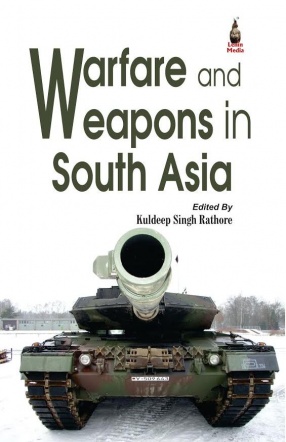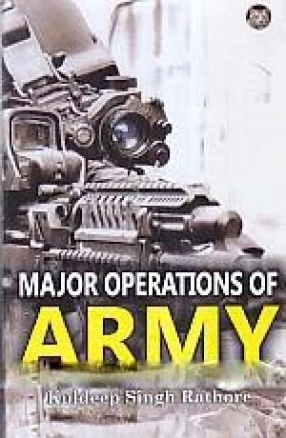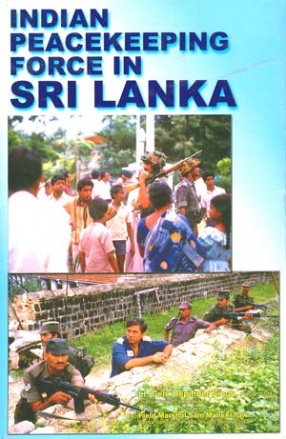Warfare and Weapons in South Asia
Nuclear warfare strategy is a way for either fighting or avoiding a nuclear war. The policy of trying to ward off a potential attack by a nuclear weapon from another country by threatening nuclear retaliation is known as the strategy of nuclear deterrence. Nuclear explosions produce both immediate and delayed destructive effects. Blast, thermal radiation, and prompt ionizing radiation cause significant destruction within seconds or minutes of a nuclear detonation. The delayed effects, such as radioactive fallout and other possible environmental effects, inflict damage over an extended period ranging from hours to years. Each of these effects are calculated from the point of detonation. Nuclear weapons are devices that possess enormous destructive potential derived from nuclear fission or nuclear fusion reactions. Starting with the scientific breakthroughs of the 1930s which made their development possible, and continuing through the nuclear arms race and nuclear testing of the Cold War, the issues of proliferation and possible use for terrorism still remain in the early 21st century. This book contains the fundamental and basic information of the subject and useful for teachers, students and researchers.
Get it now and save 10%
BECOME A MEMBER








Bibliographic information